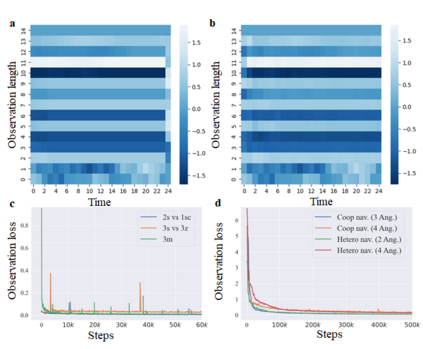Social intelligence manifests the capability, often referred to as the Theory of Mind (ToM), to discern others' behavioral intentions, beliefs, and other mental states. ToM is especially important in multi-agent and human-machine interaction environments because each agent needs to understand the mental states of other agents in order to better respond, interact, and collaborate. Recent research indicates that the ToM model possesses the capability to infer beliefs, intentions, and anticipate future observations and actions; nonetheless, its deployment in tackling intricate tasks remains notably limited. The challenges arise when the number of agents increases, the environment becomes more complex, and interacting with the environment and predicting the mental state of each other becomes difficult and time consuming. To overcome such limits, we take inspiration from the Theory of Collective Mind (ToCM) mechanism, predicting observations of all other agents into a unified but plural representation and discerning how our own actions affect this mental state representation. Based on this foundation, we construct an imaginative space to simulate the multi-agent interaction process, thus improving the efficiency of cooperation among multiple agents in complex decision-making environments. In various cooperative tasks with different numbers of agents, the experimental results highlight the superior cooperative efficiency and performance of our approach compared to the Multi-Agent Reinforcement Learning (MARL) baselines. We achieve consistent boost on SNN- and DNN-based decision networks, and demonstrate that ToCM's inferences about others' mental states can be transferred to new tasks for quickly and flexible adaptation.
翻译:暂无翻译










